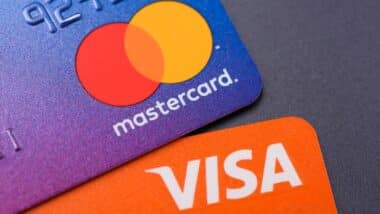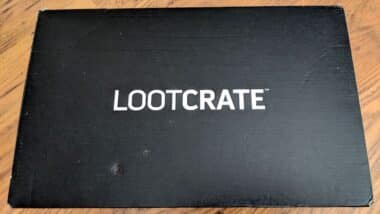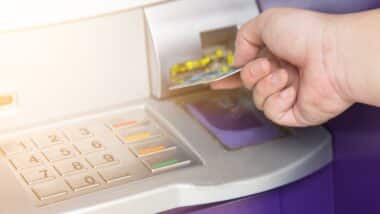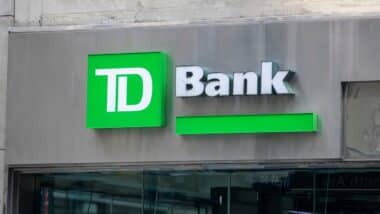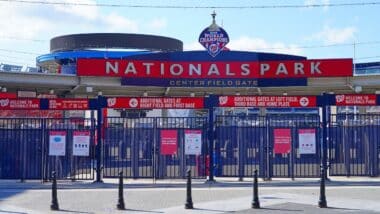 California’s Educational Employees Credit Union is one of many financial institutions that has a bank overdraft accounting program. Some consumers, however, might experience problems with the EECU’s bank overdraft accounting procedures.
California’s Educational Employees Credit Union is one of many financial institutions that has a bank overdraft accounting program. Some consumers, however, might experience problems with the EECU’s bank overdraft accounting procedures.
In recent years, these programs managed by credit unions and banks around the country have come under fire from consumers who allege that banks have responded to the declining practice of overdrawing an account by reordering transactions so they can charge more overdraft fees.
The EECU bank overdraft accounting disclosure states that the available balance in an account is used to determine when the account is overdrawn rather than the actual balance of the account.
Many consumers don’t understand the difference between an available and actual balance. The available balance is the money in the account that is immediately accessible by the account owner.
If there are any holds placed on a deposit or if a transaction has not cleared, the available balance may be lower than the actual balance. That makes incoming transactions more likely to incur an overdraft fee.
Furthermore, the EECU bank overdraft accounting program says that signature debit card transactions can be authorized hours or even days after the credit union member signs for them, which means that authorization and hold on the account reduces the available balance in the account prior to reducing the customer’s actual balance.
Finally, the California EECU bank overdraft accounting procedures detail that ECH payments, some point of sale debit card transactions, and signature debit card transactions are processed in the order that they are received by the EECU, which the credit union member will not have any control over and will not be able to receive notice of.
Consumers have put increasing pressure on lawmakers when it comes to the rules of these bank overdraft accounting programs. Some consumers allege that credit unions and banks have engaged in deceptive overdraft practices, raising the overdraft fees charged to the end consumer.
These banking customers say that while they might have affirmatively opted in to the bank overdraft accounting program, they did not realize that overdraft fees were processed purposely out of order, so the customers will be responsible for paying the highest amount of possible overdraft fees to the bank.
Other bank overdraft fee lawsuits allege that credit unions and banking institutions enabled customers to overcharge their checking accounts numerous times regardless of insufficient funds, ultimately causing significant overdraft fees.
Many consumers have turned to a lawsuit in an effort to hold these financial institutions and credit unions accountable. A 2018 study found that the average overdraft fee decreased by 0.5 percent over the course of the past year, but the most common overdraft fee is $35, and this can be charged per each item.
When a bank re-orders transactions, this could lead to hundreds in overdraft fees. A MarketWatch report on overdraft fees found that consumers paid more than $34 billion in overdraft fees in 2017.
If you were charged unfair overdraft fees by your bank or credit union, you could be eligible to participate in a FREE class action lawsuit investigation. If you qualify, an attorney will contact you to discuss the details of your potential case at no charge to you.
Fill out the form on this page now for a free, immediate, and confidential case evaluation.
ATTORNEY ADVERTISING
Top Class Actions is a Proud Member of the American Bar Association
LEGAL INFORMATION IS NOT LEGAL ADVICE
Top Class Actions Legal Statement
©2008 – 2025 Top Class Actions® LLC
Various Trademarks held by their respective owners
This website is not intended for viewing or usage by European Union citizens.
Get Help – It’s Free
Join a Free Bank Overdraft Fee Class Action Lawsuit Investigation
If your bank and credit union has engaged in deceptive overdraft fee practices, you may have a legal claim. Fill out the form on this page now to find out if you qualify!
An attorney will contact you if you qualify to discuss the details of your potential case.
PLEASE NOTE: If you want to participate in this investigation, it is imperative that you reply to the law firm if they call or email you. Failing to do so may result in you not getting signed up as a client or getting you dropped as a client.
In order to properly investigate overdraft fee claims, you may be required to disclose bank statements to overdraft fee attorneys. Please note that any such information will be kept private and confidential.



